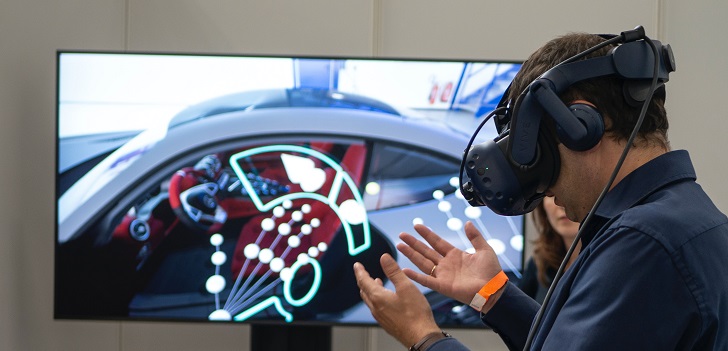Technologies that can change the esports business

We live in an age of digitization, where disruptive technologies are changing the world we live in. These new tools, such as the blockchain Or virtual reality, it can be key to developing esports business model and finding new sources of income.
If we talk about technologies, it is only fair to start with those that have already helped transform other industries. big data, machine learning Or advanced analytics are mature technologies that have allowed the creation of new and disruptive business models.
The application of these tools in the field of esports is manifold. Starting from recruiting talent through objective data, through developing professional or amateur players, or implementing special training according to their strengths and weaknesses. Even adapting the presentation of content depending on the type of consumer, which will allow to develop a more attractive offer for fans of different teams.
However, if we look into the future, there are more disruptive technologies that are set to be the champions in the coming years.
“the blockchain Or that virtual reality could be key to the esports business.”
the Ploshkin It is not new to the sector. Its main application so far has been “tokenization”, where eSports teams, such as Heretics, have already created their own CodeWhich allowed his followers to be part of the club’s strategic decisions. On the other hand, the team developed a new way of creativity link With your fans and diversify your income.
Another successful case of implementing this tool is the Gfinity Esports platform, which through an alliance with Incent rewards viewers icons Every time they watch a live competition.
apps blockchain In esports, they can go much further, for example by allowing players to shield virtual goods Created in their favorite video games, or even let them change it for others in different games, so that they do not lose their value.
Augmented reality is another untapped technology that has already been used in live esports shows. In the final worlds League of Legends In 2017, we can see how a dragon, created using augmented reality, crossed the stadium causing the audience who witnessed the event to be amazed. Using this resource in physical events allows for the creation of differential experiences that could be the key to filling stadiums. in various esports competitions around the world.
“Augmented reality promises to change the way we compete”
Augmented reality also promises to change the way you compete. In Asia, there are already esports developed with this technology, like Hado, sort of archer which since 2016 has held its famous competition, the Hado World Cup.
Another technology that has the potential to change business models is virtual reality (VR). In recent years giant steps have been taken towards democratization. Without going any further, Facebook’s virtual reality glasses, Oculus Quest set a record with over 1 million units sold in 2020; A big step to expand the consumption of virtual reality among the public.
Not only will this technology serve in the development of video games that can later be turned into esports, but it can also help generate different experiences for those spectators who follow the competitions from their homes. In this sense, we see cases like the Oculus Venues platform on Facebook, which already offers concerts and events that can be enjoyed through a virtual reality system.
There are also other disruptive gadgets that promise to change the rules of the game and the esports consumption experience, and touch technology is one of the most innovative.
This technology, which exploits the sense of touch, was applied by Malaga startup OWO Game when developing a T-shirt that allows players or spectators to experience the sensations that occur in the game. Through the sensors distributed throughout the clothing, they were able to take the feeling of immersion in the game to another level.
Haptic technology, virtual reality, or augmented reality can all become an increasingly popular claim for demanding esports consumers, allowing them to live different experiences and transforming esports consumption from more personalized and innovative tools every time. This game still has many stages to play.

“Award-winning zombie scholar. Music practitioner. Food expert. Troublemaker.”









